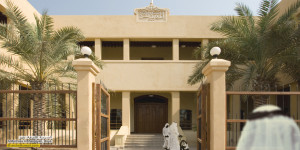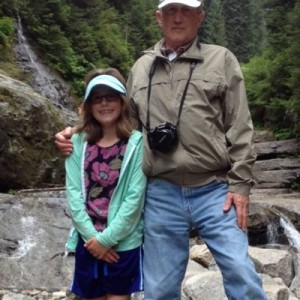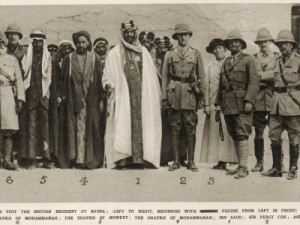I though I’d write a Friedman-esque (as in Thomas not Milton) post today. I am not starting it upon arrival at some Arab airport and a ride into town in a taxi driven by Abdu (in Cairo) or Abed (in Beirut) or Abul-Abed (in Amman). Funny, when Friedman goes to Beijing, the inscrutable Chinese taxi drivers (Abu Wong, et al) never share their local wisdom with him. Only Arabs do: blab and share their apparent wisdom with Western journalists.
No, I was thinking about that yesterday, Saturday. As we biked the twenty mile round trip along the Sammamish River Trail, past a couple of vintners joints and at least one hbrewery, towards the Burke-Gilman Trail. On an unusually cloudless warm morning of the Pacific Northwest. Here goes:
I saw a retired general (USMC) state that ISIS controls the upper rivers (Euphrates and Tigris) and roads from Syria to resupply their forces in Iraq. Which made me wonder, as I pedaled along that peaceful bike trail:
- Where do ISIS get these supplies and volunteers from Syria (as the general said)? Why is Syria their main supply route into Iraq? And from where and how do these weapons and the money and volunteers flow into Syria then into Iraq? And how would increasing the supply of weapons to the useless Syrian opposition groups affect the flow of weapons to the ISIS Caliphate? Should we ask Turkey or Saudi Arabia or Qatar or Jordan about this? They certainly don’t flow from Cyprus (no, Israel is also an unlikely source).
- From which Syrian (FSA, Ansar-Al-WTF, etc, etc) “relatively moderate” opposition groups and gangs did ISIS purchase some of these Western hostages (journalists and aid workers) that were so horribly beheaded on camera? And they were no doubt purchased from some of the other would-be liberators of Syria.
Before I had finished, er, mulling this last question, it was time for us to hydrate and turn around. Sort of like what happens when Thomas Friedman’s Arab taxi, driven by Abdu (in Cairo) or Abed (in Beirut) or Abul-Abed (in Amman), or Abu-Wong (in Beijing) drives up to the hotel entrance. Before he finishes sharing his strategic and cultural gems with us.
Cheers
Mohammed Haider Ghuloum





